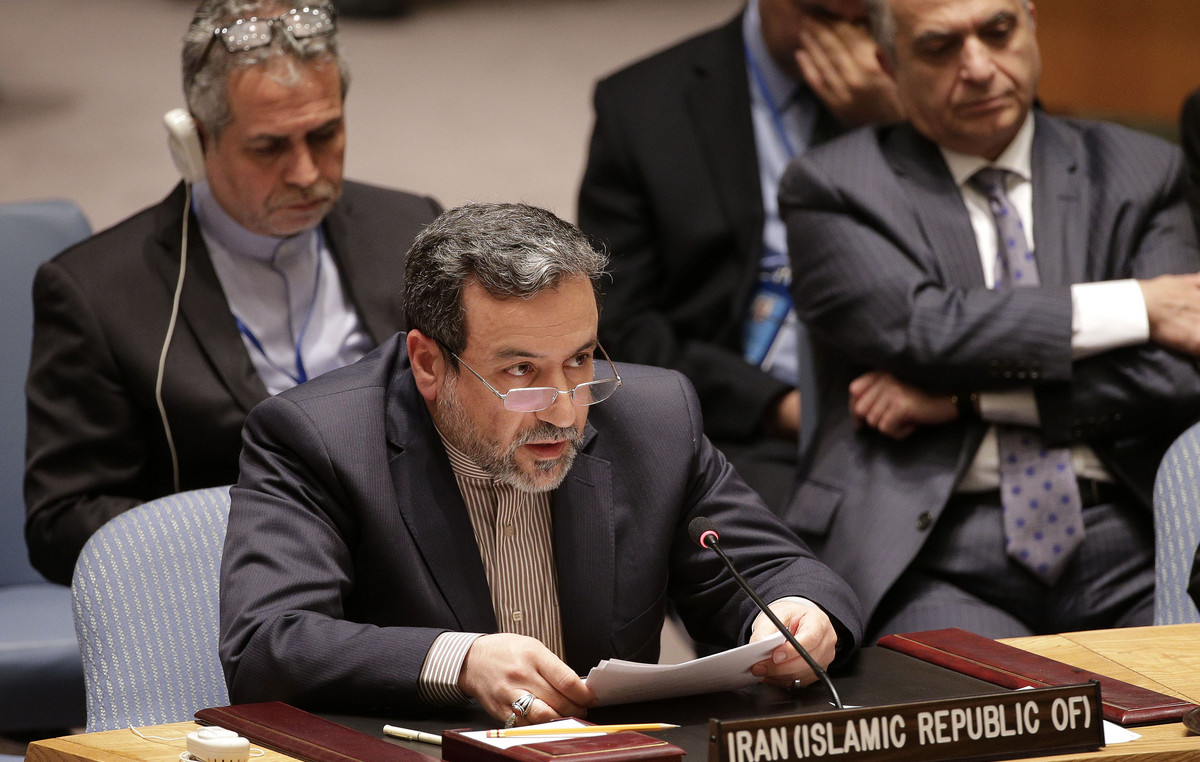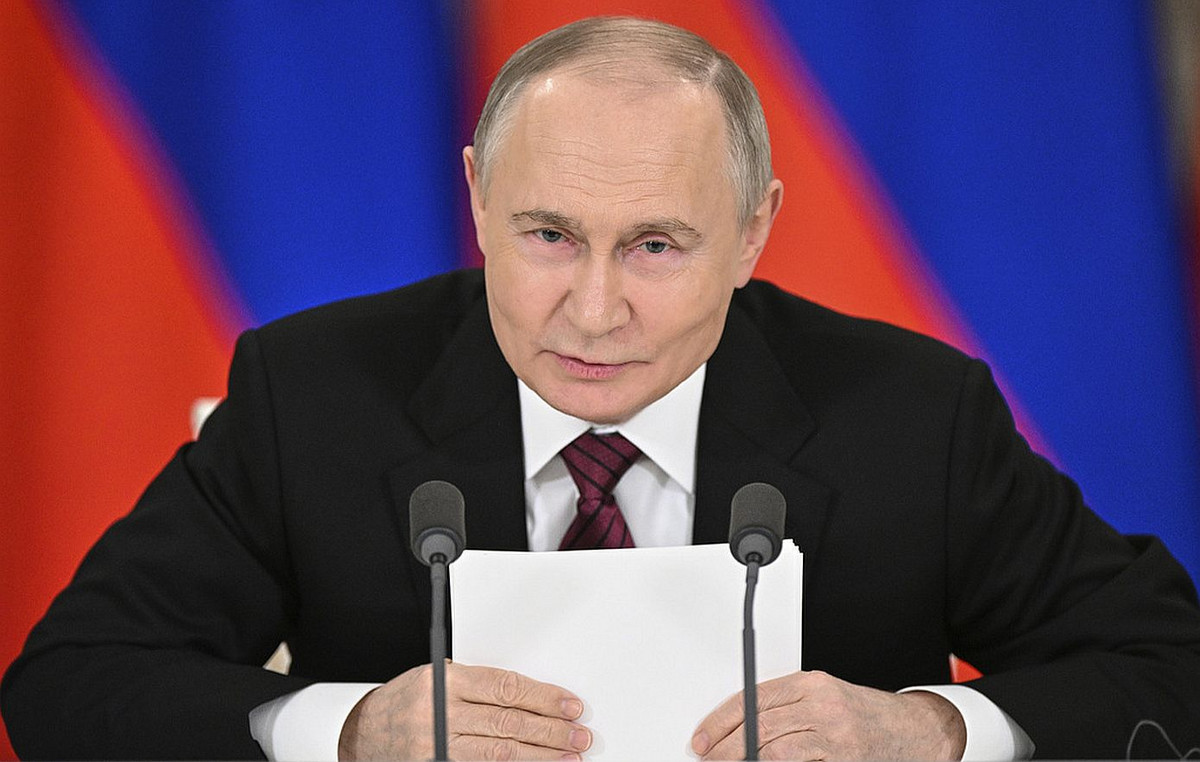World Population Day is celebrated this Monday (11), a date established by the United Nations (UN) with the aim of raising awareness of population planning and development issues.
UN Secretary-General António Guterres called for a focus on people and equality as the milestone approaches. Since the mid-20th century, the world has experienced unprecedented population growth; number more than tripled between 1950 and 2020.
According to the United Nations, in the year 2022, the eighth billionth inhabitant of the Earth will be born.
Guterres said it will be a time to celebrate diversity and “marvel at advances in health that have extended lifespans and dramatically reduced maternal and child mortality rates.”
The Secretary-General stressed that reaching a global population of eight billion is a number one milestone, however, the focus must remain on people as a shared responsibility, which is “taking care of the planet” and honoring mutual commitments.
The UN leader pointed out that a world of eight billion people means “eight billion opportunities to live dignified and fulfilled lives”. On the other hand, he recalled that we live in a world of great inequality and highlighted the issue of gender.
For Guterres, we are witnessing new attacks on women’s rights, including essential health services. Complications related to pregnancy and childbirth are still the leading cause of death among girls aged 15 to 19 years.
Population growth
According to UN data, the world population growth rate peaked between 1965 and 1970, when the number of people increased by an average of 2.1% per year.
During the period 2000 to 2020, although the global population grew at an average annual rate of 1.2%, 48 countries or areas grew at least twice as fast: these included 33 countries or areas in Africa and 12 in Asia.
Adult life expectancy in the developed world has increased since the mid-20th century – the number of people reaching the age of 100 has never been greater than it is today.
Worldwide, the number of deaths in relation to population size has been decreasing since the 1950s. Over the next few decades, United Nations projections predict a continued gradual decrease in age-specific death rates.
Source: CNN Brasil
I’m James Harper, a highly experienced and accomplished news writer for World Stock Market. I have been writing in the Politics section of the website for over five years, providing readers with up-to-date and insightful information about current events in politics. My work is widely read and respected by many industry professionals as well as laymen.







